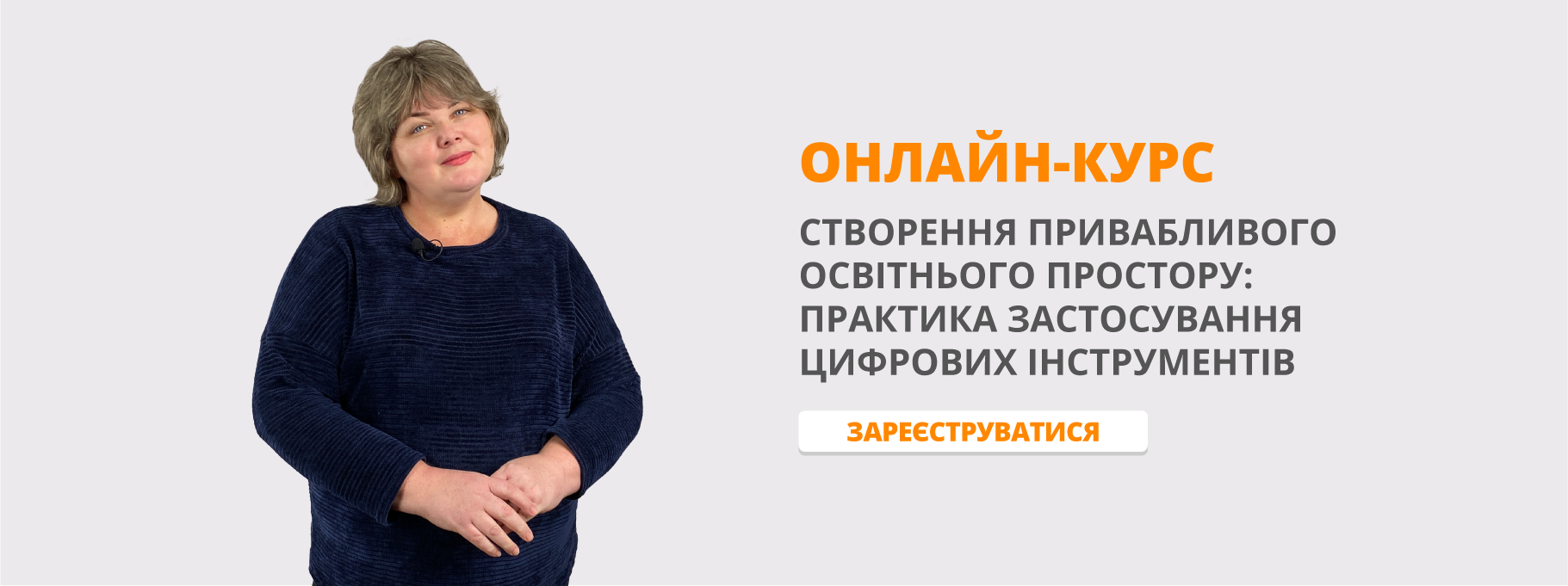Дозвілля моїх друзів. Як ми проводимо вільний час
•навчальна: повторити граматичний матеріал "The Past Simple Tense" утворення дієслів у минулому часі, практикувати мовні засоби за темами «Дозвілля», «Моє хобі»; описувати дії у минулому часі, вдосконалювати компетенції читання, аудіювання й усного діалогічного мовлення;
•розвиваюча: уважно стежити за презентованою інформацією, ефективно співпрацювати під час парної та групової роботи; мотивувати готовність брати участь в іншомовному спілкуванні, учити працювати у парі, логічно висловлювати думку;
•виховна, виховувати уміння сконцентруватися, слухати інших, формувати доброзичливу атмосферу в класі; вчити культурі спілкування, прийнятої в сучасному цивілізованому світі;
January, 17 – 4A grade
January ,18 – 4B grade
Topic: ЗАХОПЛЕННЯ МОЇХ ДРУЗІВ
Мета:
- навчальна: повторити граматичний матеріал "The Past Simple Tense" утворення дієслів у минулому часі, практикувати мовні засоби за темами «Дозвілля», «Моє хобі»; описувати дії у минулому часі, вдосконалювати компетенції читання, аудіювання й усного діалогічного мовлення;
- розвиваюча: уважно стежити за презентованою інформацією, ефективно співпрацювати під час парної та групової роботи; мотивувати готовність брати участь в іншомовному спілкуванні, учити працювати у парі, логічно висловлювати думку;
- виховна, виховувати уміння сконцентруватися, слухати інших, формувати доброзичливу атмосферу в класі; вчити культурі спілкування, прийнятої в сучасному цивілізованому світі;
Обладнання: картки за темами «Дозвілля», «Моє хобі», тематичні картки «Дії. Вподобання».
|
Alina &Grayson |
Game "Miming Game" Mime you are doing an action e.g. dance or read a book. Cook food Play chess Draw picture
Pupils guess what you’re doing and call out the action. Repeat the procedure and, if appropriate, invite individual pupils to take turns to come and stand by you and mime to the rest of the class. |
|
Homework Alina |
Children read their homework (p. 51, ex. 1). Without translation children do (p/51 ex/2)
|
|
Grayson |
There is Stepan (spelling) in the Ukrainian language. There is Stephen (spelling) English speaking countries. So, there are two spellings of one name.
|
|
Grayson |
Pre-reading: Pay pupils’ attention to the verbs in the box. Read them together loudly. Read the text. Ask pupils to read the sentences in silence after you. You can translate difficult sentences into the native language. Pronounce the words clearly. Then pupils read the text themselves in a chain. While-reading: Ask the questions, “What is the text about? Who brought a new model to Dan? What is he sending to Stephan?” Post-reading: “Do you like collecting things? What are they?”
|
|
Alina |
Hold a flashcard facing you and tell pupils you are going to say a true or a false sentence. Say a true or false sentence about the card in your hand, e.g. Hold a picture of a basketball and say, “I like playing tennis”. «I like playing chess” If pupils think you are telling the truth, they call out “True!” If they don’t, they call out “False!” Alternatively, pupils can do one of two agreed actions. Reveal the flashcard in your hand then ask a pupil to choose a flashcard without the other pupils seeing it. Ask the pupil to say a true or false sentence about the flashcard that he / she has got. |
|
Grayson |
Say true, false or I don’t know (p. 51, ex. 2). Pair work: Ask pupils to read the sentences in the exercise. Tell them that they are going to agree or disagree with the sentences. If they don’t know what to answer, tell pupils to say the phrase “I don’t know”. Pupils read and choose the correct sentences. Monitor the activity and help where necessary. Key: 1. False. 2. True. 3. I don’t know. 4. I don’t know. 5. False. PRACTICE |
|
Alina |
Books are closed. Demonstrate the table “The Past Simple Tense”. Read the examples. Make sure that pupils pronounce the -ed ending as /d/ or /t/ then as /id/. Ask pupils to open the books. Read the example. Ask pupils to write the verbs in past. Key: listened; collected; jumped; helped; walked; liked; asked; started; cooked; visited; thanked. Make and write the words as in the example. E x am p l e : play + ed = played watch + ed = help start listen walk cook collect like visit jump ask thank
Ask pupils to read the example and complete the sentences writing about their collections. |
|
Alina and Grayson |
Mime an action you did yesterday e.g. danced or watched TV. Pupils guess what you did and call out the action in past. Repeat the procedure and, if appropriate, invite individual pupils to take turns to come and stand by you and mime to the rest of the class. Home work Read (p. 51, ex. 1).
|


про публікацію авторської розробки
Додати розробку
